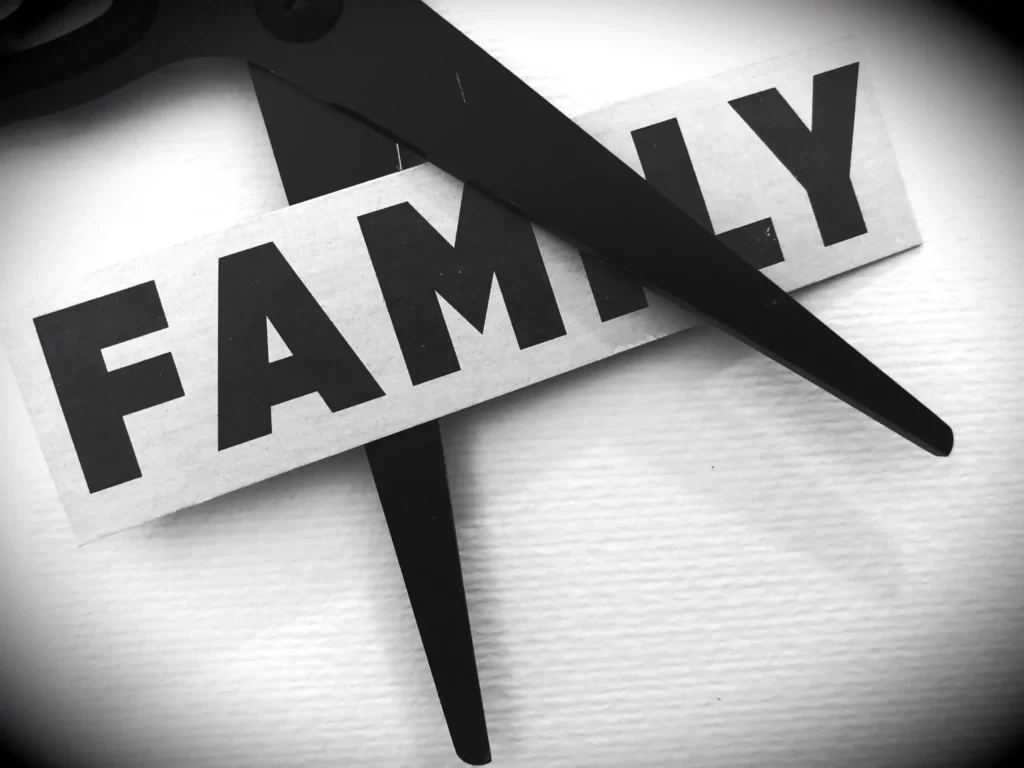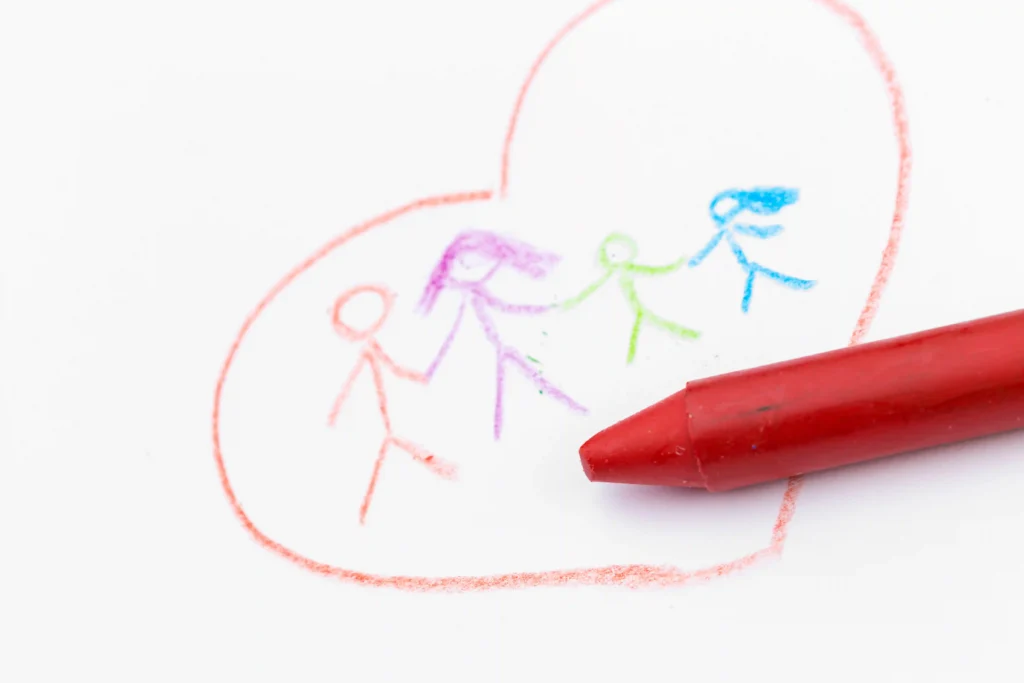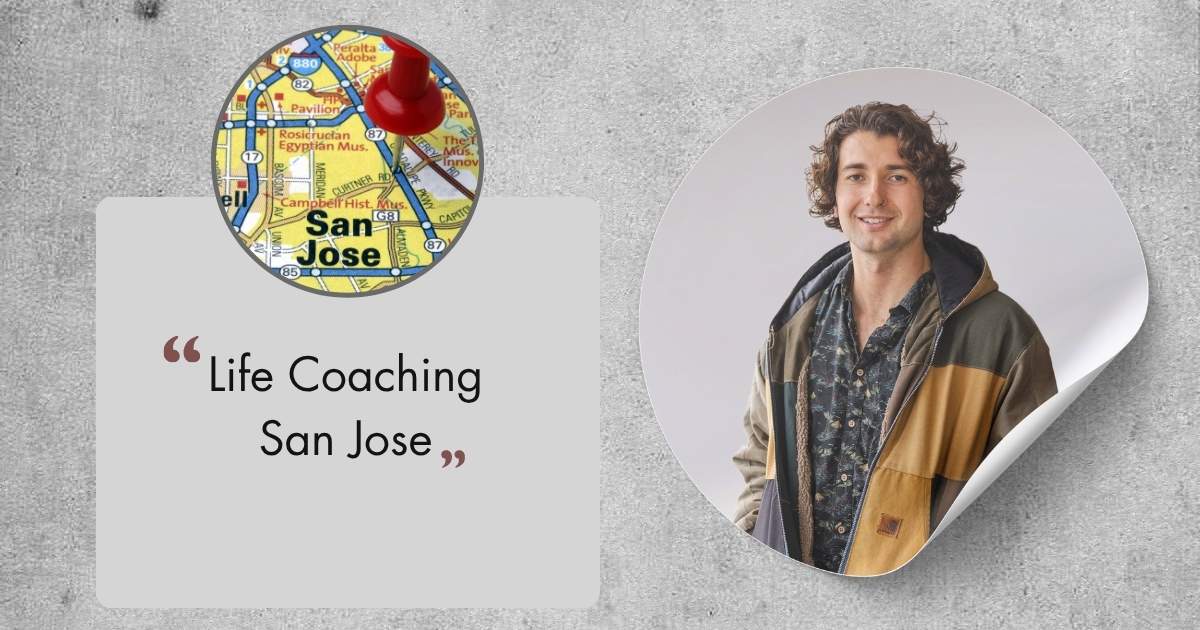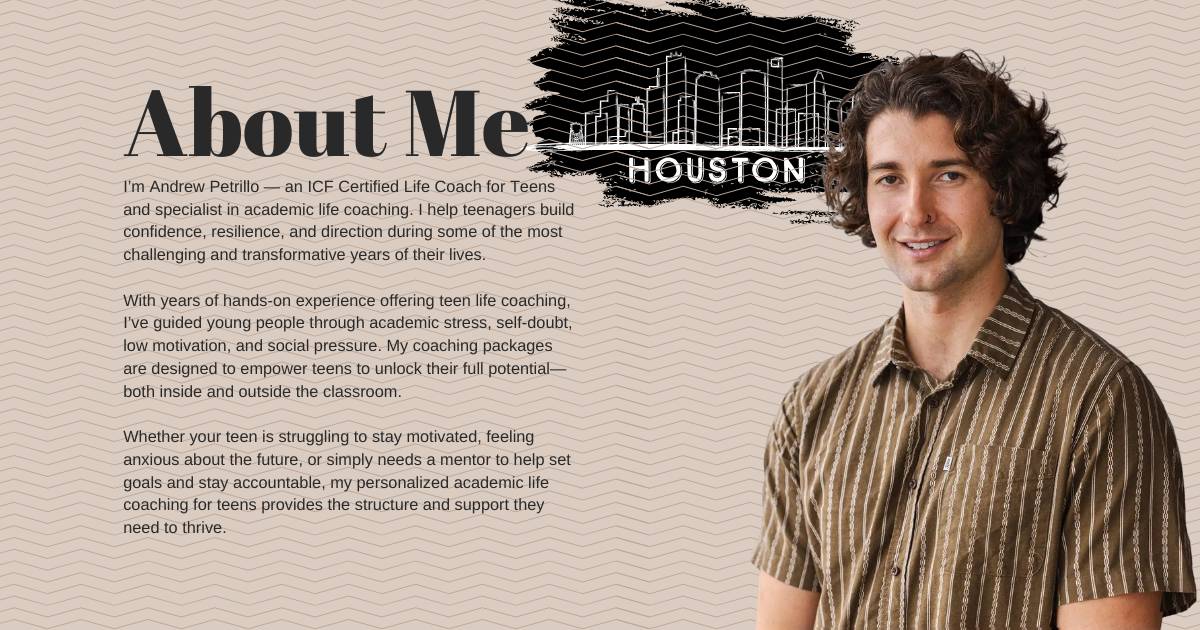Divorce hurts kids. Emotionally. Socially. Even physically. Some may feel sad, angry, or lost. Others may struggle to trust people. Each child reacts differently. The impact depends on age, support, and how the parents handle things.
If you’re a parent, teacher, or just someone who cares deeply about children, you’re in the right place. Today, I am exploring a topic that’s both heartbreaking and urgent.

Divorce. It ends a marriage. But what does it do to the kids?
Some say, “Children are strong. They bounce back.” But is that really true? Can a child truly heal after watching their family fall apart? Or does divorce leave a scar that never fully fades?
In this article, I am sharing the real impact of divorce on kids — emotionally, mentally, and even physically. Most importantly, you’ll learn here how to support children through this challenging journey, so they don’t just survive but grow stronger.
Let’s begin.
Why Does Divorce Hurt Kids So Much?
What Is Divorce? Divorce is the legal ending of a marriage between two people. It usually means that two parents who once lived together and shared responsibilities now separate their lives — their home, finances, and often, time with their children.
While divorce may bring relief to parents in an unhappy relationship, for kids, it can be confusing, scary, and emotionally painful.
Here I am sharing why divorce hurts kids so much.
Loss of Stability and Routine
Children thrive on consistency. Divorce often means changes in living arrangements, schools, and daily routines. This disruption can make children feel insecure and uncertain about the future.
Emotional Turmoil
Kids may feel:
- Sad about the family breaking apart
- Angry at one or both parents
- Afraid of being abandoned
- Guilty, thinking they caused the divorce
These strong emotions can be overwhelming for a child to handle alone.
Divided Loyalties
Children often feel torn between their parents. They may worry about choosing sides, pleasing both, or even being a “messenger” between them — all of which can be emotionally exhausting.
- Fear of the Unknown
Divorce raises a lot of questions in a child’s mind:
- Where will I live?
- What will holidays and birthdays be like?
These uncertainties can create anxiety and fear.
Changes in Parent-Child Relationships
One parent may move out, and the child may see them less often. The remaining parent may be stressed, less emotionally available, or stricter due to added responsibilities. These changes can affect how safe and supported a child feels.
Impact on Self-Esteem
When family life breaks down, kids may internalize the pain. They might think something is wrong with them or feel unloved, damaging their confidence and self-worth.
Now, let’s look deeper. What really happens inside a child’s heart and mind after divorce?
Impact of Divorce on a Child
Divorce is a life-changing event not just for the couple involved but especially for their children. No matter the age, children feel the emotional shock of divorce deeply.
While some kids may adapt over time, others struggle with long-term effects if not adequately supported.

Understanding how divorce affects a child is the first step to helping them heal.
Let’s find out what the main effects of divorce on children are.
1. Emotional Impact
One of the most immediate and significant effects of divorce is the emotional turmoil children experience.
They may feel an overwhelming sense of sadness and loss as their family unit changes. Many children express anger—toward one or both parents—for causing the breakup or for altering their sense of security.
Some children internalize these changes and begin to worry, wondering if they were somehow to blame.
Children might also feel:
- Fear: Will I still be able to see both my parents? What will happen to me?
- Guilt: Was it my behavior that caused the divorce?
- Confusion: Why can’t they fix things?
These emotions can create long-lasting inner conflict if not addressed with care and understanding.
2. Behavioral Changes
As a result of emotional stress, children often show changes in their behavior.
Younger children may revert to earlier stages of development, such as thumb-sucking, bedwetting, or needing constant reassurance.
Older children and teenagers may exhibit behavior through aggression, defiance, or withdrawal from family and school.
Some common behavioral signs include:
| Age Group | Behavioural Signs |
| Under 7 | Bedwetting, tantrums, fear of sleep |
| 8–12 | Disobedience, school problems, sadness |
| Teens | Risky behaviour, isolation, low motivation |
These behaviors are often a cry for help or a way to cope with their distress.
When Lily was 10 years old, her parents divorced. She stopped talking in school. At home, she cried when no one was watching. Her grandma told me.
3. Academic and Social Effects
Divorce can also impact a child’s school life and relationships with peers. The emotional distraction makes it hard for them to focus on their studies, often leading to declining grades and poor classroom behavior.
Socially, they may become shy, withdrawn, or even aggressive toward their classmates, struggling to trust others or express themselves effectively.
In 2024, a 13-year-old, Sam, came to me for a consultation. He told me, “I stopped inviting friends over when my parents split. Because I don’t want them to see that only my mum lives here now.”
4. Long-Term Consequences
In the long run, the effects of divorce can continue into adolescence and adulthood, particularly if the child does not receive adequate emotional support.
They might develop trust issues or fear commitment in romantic relationships. Some may suffer from low self-esteem or chronic anxiety.
Potential long-term issues include:
- Depression or emotional instability
- Substance abuse or risky behavior in teenage years
- Difficulty forming healthy relationships
However, not all children are affected the same way, and many can grow through the experience with the proper guidance and care.
5. Positive Outcomes (With Support)
Despite the challenges, divorce doesn’t have to ruin a child’s life. In fact, in cases where the marriage involves high conflict or abuse, divorce can actually lead to a healthier and more peaceful environment for the child.
When parents cooperate, communicate openly, and put their children’s needs first, many children bounce back and develop strength and maturity.
Supportive outcomes may include:
- Stronger emotional resilience
- Better communication skills
- A closer bond with one or both parents
How Parents Can Help Kids Cope With Divorce and Emotional Pain
Divorce or separation is never easy for children. It can shake their sense of security and leave them feeling confused, scared, or even responsible for what’s happening.
But with the right approach, parents can ease this emotional burden and help their children adjust in healthy, constructive ways.
Here’s how:
1. Be Honest, Yet Gentle
Explain what’s happening in age-appropriate terms. Avoid blaming the other parent or overloading them with adult issues. What they need most is clarity and reassurance that they are not to blame.
Say this instead: “Mom and Dad have decided to live in different homes, but we both love you very much and will always be here for you.”
2. Maintain Routine and Stability
Consistency helps children feel safe. Try to keep school schedules, bedtime routines, and daily rituals as predictable as possible. When everything else changes, routine becomes their anchor.
3. Encourage Open Communication
Let your child talk about their feelings without judgment. Validate their emotions even if you can’t “fix” the situation.
Try asking:
- “How are you feeling about everything?”
- “Is there anything you want to talk about?”
Sometimes, just being heard can begin the healing process.
4. Avoid Putting Children in the Middle
Please do not use your child as a messenger or involve them in adult conflicts. Children should never feel torn between parents or forced to take sides. The more peaceful your co-parenting relationship, the safer your child will feel.
5. Watch for Signs of Struggle
If your child shows ongoing signs of distress, like
- Stops playing
- Always tired
- Fakes being happy
- Talks about running away
- Fears of being alone
- anxiety, depression
- school problems,
- aggressive behavior
When to must need professional help? Here are clear warning signs you shouldn’t ignore:
| Sign | Possible Meaning |
| Ongoing sadness (2+ weeks) | Depression |
| Refusal to go to school | Anxiety, bullying, shame |
| Sudden anger outbursts | Internal pain |
| Talking about death | Suicidal thoughts |
| Avoiding all social contact | Deep emotional withdrawal |
If any of these appear — act fast. Don’t wait. Early support saves lives.
How Teen Life Coaching Can Help
At Andrew Teen Life Coaching, I specialize in helping teens process big emotions, build resilience, and rediscover their sense of identity, especially after major life changes, such as divorce.
Life coaching offers a safe, confidential, and empowering space for teens to:
- Talk openly about their thoughts and fears.
- Learn healthy coping strategies.
- Rebuild confidence and self-worth.
- Set goals for the future beyond family challenges
Unlike therapy, which focuses on healing past trauma, teen life coaching is future-focused. I help teens set goals, manage emotions, and rebuild confidence — step by step.
Frequently Asked Questions And Answers
Can Divorce Affect a Child’s Brain Development?
Yes. Chronic stress from high-conflict divorce can affect brain areas linked to emotion regulation, memory, and learning. That’s why timely emotional support is crucial — it can reduce long-term effects.
Do Boys And Girls React Differently?
Yes. Boys may fight more. Break rules. Girls may cry alone. Or try too hard to be “perfect.”
Example: One girl started cooking meals for her dad. She wanted to fill the gap her mum had left—sad Truth: Divorce forces many kids to grow up too soon.
Are Some Divorces Better Than Staying Together?
Yes. If the marriage is abusive, toxic, or violent, divorce is safer. No child should see screaming, hitting, or fear daily. In such cases, divorce is not the problem. The marriage is.
How Long Does It Take Kids to Heal After Divorce?
Healing timelines vary — some children adjust within months, while others may take years. Age, support, and the level of conflict all play a role. At Andrew Teen Life Coaching, I help teens navigate this journey with emotional tools, guidance, and care. With the proper support, most children begin to heal within 6 months to 2 years.
Is It Okay for My Teen to Talk to a Life Coach Instead of Me?
Yes. Teens often feel safer opening up to a neutral, trusted adult. A life coach helps them process feelings without judgment, build emotional strength, and make sense of confusing changes.
Final Thoughts
Divorce is complicated for everyone involved. But with love, support, and the right resources, kids can recover, grow, and even thrive. As parents, caregivers, and educators, it’s our job to make sure no child faces this journey alone.
If your teen is hurting silently after a divorce, don’t wait. Book a free call with Andrew Teen Life Coaching. Let’s help them turn pain into personal growth.
Thank you for continuing to read. If you found this article helpful, please share it with someone who needs it. Let’s protect our kids from silent pain


